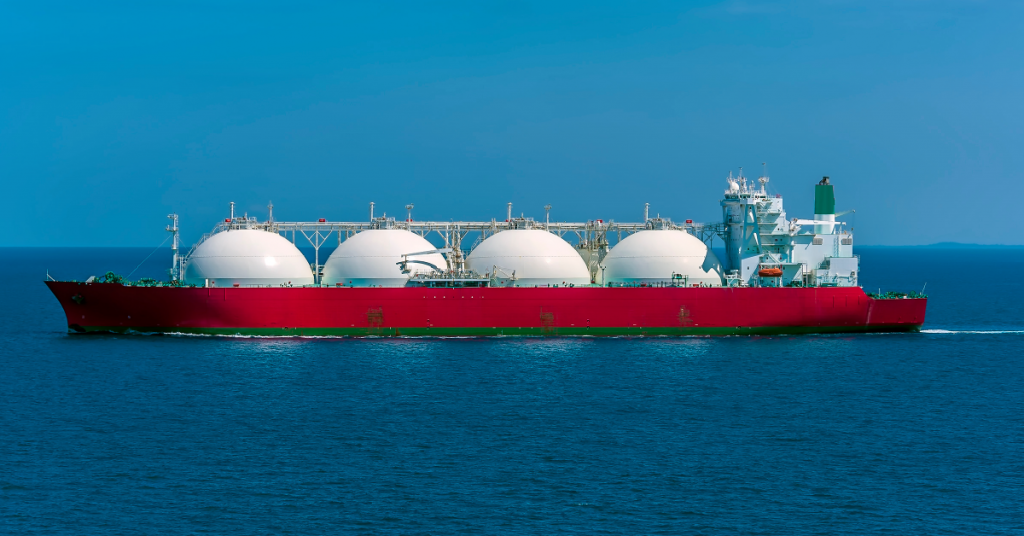Intensive Trainings

- This event has passed.
Management of Complexity Custody Transfer and HSEQ Risk for Marine Tank Storage Terminals and Refineries
5th April 2021 - 7th April 2021
About this Training Course
A marine storage terminal and refinery is a complex living system. Interaction with all stakeholders is a challenge. Complying to an ever-growing number of rules, regulations and guidelines needs a control system which is manageable. We created a new management learning program that focuses on this concept: ‘information reduces uncertainty’ by using systems science. This is a unique approach developed after much research to make supervisors and managers understand how complex systems behave and generate risk.
Management when focusing on effectivity using technological, economic or operational skills only, does not suffice anymore due to the enormous complexity of responsibilities and uncertainty which is the inability to know everything fully. The uncertainty principle is a fundamental property of complex systems primarily due to, a large number of elements, high interconnectivity, interdependence, nonlinear interactions and unpredictability of unknowable variables. Feedback is the energy by which you can manage risk much better. Within complex environments, our traditional analytical methods for modelling the future – that depends on probability and statistics – break down. In response, you need to invest more in understanding these broader trends. TTT teaches terminals how to respond and function within a wider range of possible states in order to maintain stability and prosperity.
HSE, knowledge, insight, awareness, skill, control, efficiency, time, to name just a few, are the necessary foundations for tank terminal management and marine operations. It all comes down to be able to control and steer the terminal’s complexity through information feedback.
This highly interactive and practical course will assist bulk liquid marine storage terminals in achieving a competitive advantage by having an effective and well-managed operation. This will ensure your operational processes and workforce perform up to the highest standards and expectations.
Who Should Attend
This course is designed for anyone with immediate responsibility for custody transfer operations, HSEQ, refinery or terminal management and supervision.
This course is NOT intended for LNG or LPG Terminals. TTT offers special LNG and LPG Loading Masters & Operational Excellence Course Programs. Please check our website.
Attendees include:
• Supply Chain – Personnel involved in crude oil and products transhipment, chartering, shipping, finance, quantity measurement and accounting, cargo operations, planning, scheduling, including management who did not have a chance of working ‘in the field’.
• Energy and Logistics – Ship-brokers, traders, shipping agents, claims departments staff, loading masters, cargo inspectors, surveyors, demurrage departments, marine insurers, charterers, ship-owners: biofuel, crude oil, oil products, chemical or mineral resource enterprises.
• Administrative and Non-Operational office staff who lack ‘on hand’ practical experience, this course will help them to vividly imagine operational reality by discussing and solving ‘real time’ daily issues.
• Terminals & Refineries: Operation Managers, Supervisors, Managing Directors.
Key Learning Objectives
Master operational best practices and apply a structured approach to oil and gas marine terminal management.
• Identify improved procedures for the handling, loading and discharging of bulk liquids.
• Learn updated international guidelines and regulations concerning tankers and terminals including physical properties and types of cargoes.
• Increase your operational efficiency for oil storage and transport.
• Become aware of Quality & Quantity risk & loss and learn prevention techniques.
• Improve compliance, safety and environmental performance.
• Learn how to measure and verify individual competencies of personnel and contractor.
• Learn how to use science to mitigate risk exposure by the MTMSA program.
• Learn how to manage complexity and prevent risk by information feedback and cybernetics.



